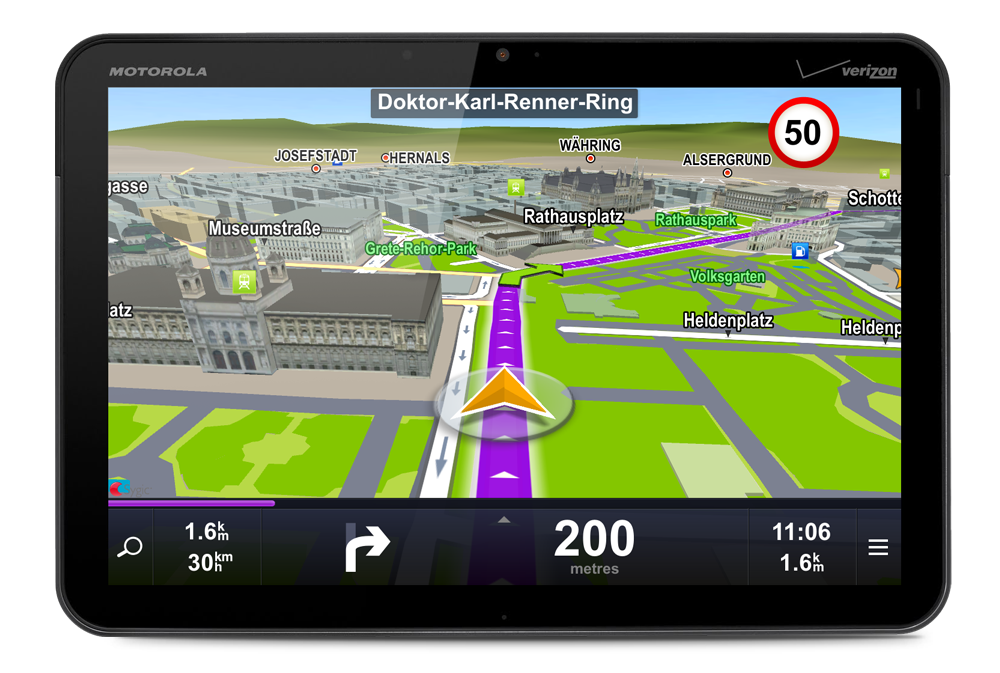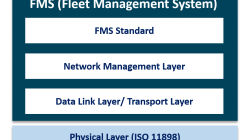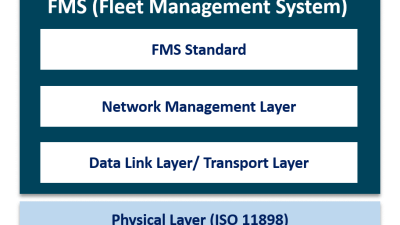With gps for fleet management at the forefront, businesses today can revolutionize their operations and make data-driven decisions that enhance efficiency and productivity. Imagine gaining real-time insights into your fleet’s movements, optimizing routes, and reducing costs while ensuring timely deliveries. The integration of advanced GPS technology allows fleet managers to monitor performance, improve safety, and streamline logistics.
The world of logistics is fast-paced, and having an effective GPS system can be a game changer. From tracking vehicles to analyzing data trends, GPS for fleet management offers unparalleled advantages that empower companies to stay competitive in a dynamic market. This technology not only enhances operational oversight but also provides invaluable support for cost management and service excellence.
Imagine controlling every aspect of your home with just a touch of a button or a simple voice command. Welcome to the world of smart home technology, where convenience, efficiency, and security come together to create a seamless living experience. In this article, we’ll explore the latest advancements, the must-have products, and how you can transform your home into a smart sanctuary!
What is Smart Home Technology?
Smart home technology refers to devices and systems that connect to the internet, allowing you to control them remotely using a smartphone or tablet. These devices can range from smart lighting and thermostats to security systems and kitchen appliances. The beauty of smart technology is its ability to enhance your lifestyle by making everyday tasks easier, safer, and more efficient.
The Benefits of Smart Home Technology
- Convenience: Imagine arriving home and your lights turning on automatically, your thermostat adjusting to your preferred temperature, and your coffee brewing – all without lifting a finger!
- Energy Efficiency: Smart gadgets can monitor energy usage, helping you save on utility bills while contributing to a greener planet.
- Enhanced Security: With smart cameras, doorbells, and locks, you can keep an eye on your home from anywhere in the world and ensure your loved ones are safe.
- Customization: Tailor your smart home experience to your preferences, setting schedules and automation that fit your lifestyle.
Must-Have Smart Home Devices
1. Smart Speakers
Start with a smart speaker like the Amazon Echo or Google Nest Hub. These devices serve as the hub of your smart home, allowing you to control other devices with just your voice. You can ask for the weather, play music, or even get recipes while you’re cooking!
2. Smart Lighting
Upgrade your home with smart bulbs from Philips Hue or LIFX. You can customize the brightness and color of your lights, set schedules, and even control them remotely. Imagine walking into a room that’s perfectly lit to match your mood!
3. Smart Thermostats
Save on energy costs with a smart thermostat like the Nest Learning Thermostat. It learns your habits and adjusts the temperature automatically, ensuring your home is always comfortable when you need it, while saving energy when you don’t.
4. Smart Security Cameras
Protect your home with smart security cameras such as the Ring or Arlo. These devices allow you to monitor your property in real-time, receive alerts for any unusual activities, and even communicate with visitors through two-way audio.

5. Smart Door Locks
Forget about fumbling for keys! Smart door locks, like those from August or Schlage, allow you to lock or unlock your doors remotely. You can provide temporary access to guests and receive notifications when your door is locked or unlocked.
How to Get Started with Smart Home Technology
Transitioning to a smart home can seem daunting, but it doesn’t have to be. Here’s a step-by-step guide to help you get started:

- Evaluate Your Needs: Determine what aspects of your home you want to automate. Is it lighting, security, or perhaps climate control?
- Choose a Hub: Select a smart home hub that fits your needs. Popular options include Amazon Alexa, Google Assistant, and Apple HomeKit.
- Start Small: Begin with a couple of devices, such as smart bulbs or a smart speaker, to test the waters.
- Expand Gradually: As you become comfortable with the technology, gradually add more devices to enhance your smart home.
- Integrate and Automate: Take advantage of automation features by setting schedules and routines to make your life even easier.
Future Trends in Smart Home Technology
The future of smart home technology is bright. Here are some trends to keep an eye on:
- Increased Interconnectivity: Devices will become even more interconnected, enabling seamless communication between systems for a truly integrated experience.
- AI Integration: Artificial intelligence will play a significant role in predicting user needs and automating processes, making smart homes even smarter.
- Enhanced Security Features: As technology evolves, so will security measures. Expect more robust encryption and biometrics to protect your home.
- Voice Control Advancements: Voice assistants will become more intuitive, understanding context and providing better responses to user requests.
Conclusion
Smart home technology has the power to revolutionize the way we live. By integrating smart devices into your home, you can enhance your convenience, save energy, and improve your overall security. Whether you’re a tech novice or a seasoned pro, there’s a smart solution for you. Start your journey into the future of home automation today and experience the benefits for yourself!
Ready to dive into the world of smart homes? Check out our exclusive range of smart home products that will elevate your living experience. Don’t miss out on the opportunity to transform your home into a smarter, safer, and more efficient space!
FAQ Guide
What are the main benefits of using GPS for fleet management?
The main benefits include real-time tracking, improved route optimization, reduced fuel costs, enhanced safety, and increased operational efficiency.
How does GPS tracking enhance driver safety?
GPS tracking enables fleet managers to monitor driver behavior, provide feedback, and implement safety training based on data insights, leading to safer driving practices.
Can GPS technology help in vehicle maintenance?
Yes, GPS systems can track vehicle performance metrics, alerting managers to maintenance needs and helping to prevent breakdowns and costly repairs.
Is GPS for fleet management suitable for all types of businesses?

Absolutely! GPS solutions can benefit businesses of all sizes across various industries, including transportation, delivery services, and logistics.
What is the cost of implementing a GPS fleet management system?
Costs can vary significantly based on the size of the fleet and the features required, but many solutions offer scalable pricing options to fit different budgets.











